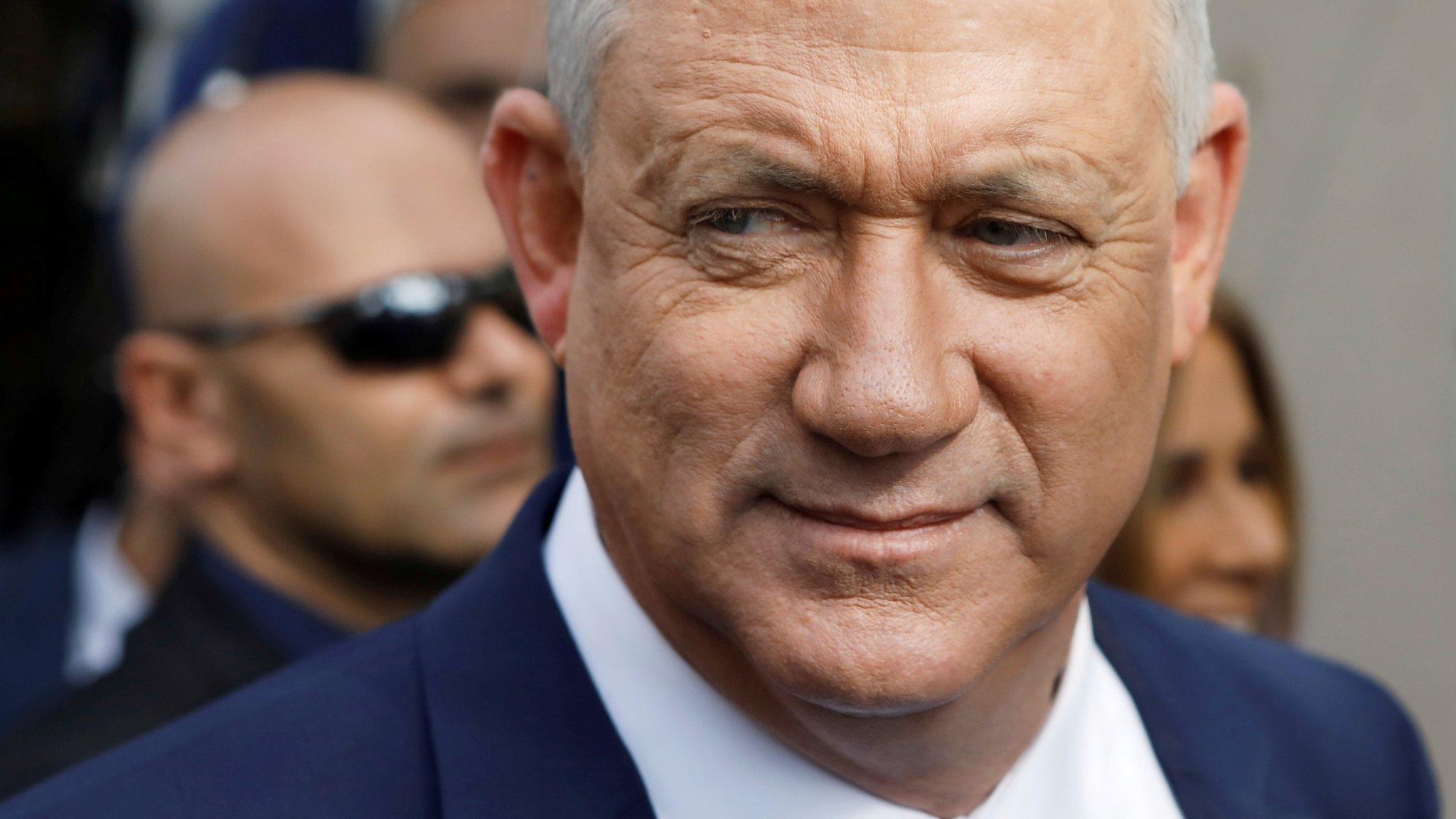Israel’s new unity government delayed by dispute over cabinet posts
- Published
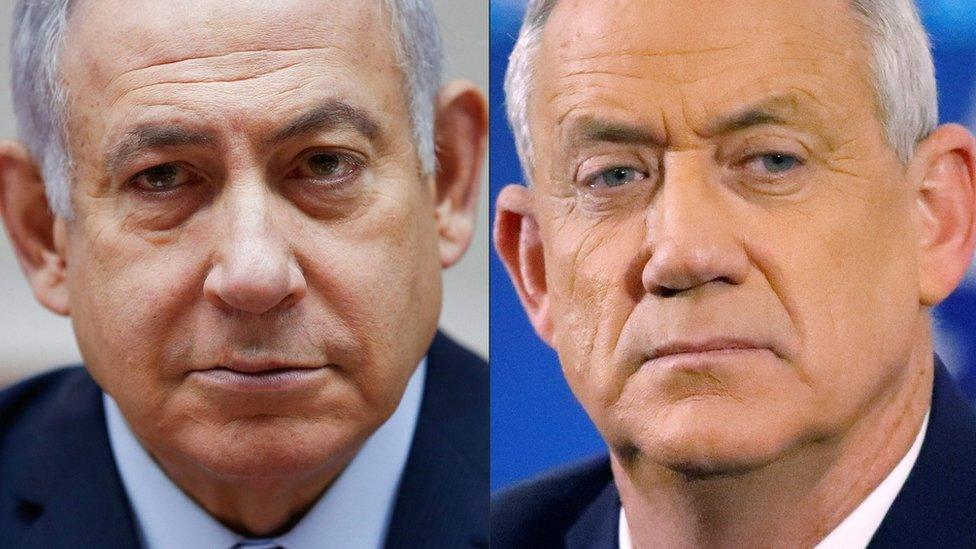
Benjamin Netanyahu and Benny Gantz will rotate as prime minister in 18 months' time
The swearing in of Israel's new unity government has been postponed until Sunday because of a dispute over the allocation of ministries.
Benny Gantz's Blue and White party has given Prime Minister Benjamin Netanyahu more time to divide up cabinet posts among members of his Likud party.
The rivals agreed a power-sharing deal in April that ended a year of deadlock in which three elections were held.
Mr Gantz will serve as deputy PM for 18 months before succeeding Mr Netanyahu.
The two men have said the new government's priority will be tackling the economic crisis resulting from the coronavirus pandemic.
Mr Netanyahu has said he will also press ahead with a controversial plan to annex part of the occupied West Bank, a process which the coalition deal says can get under way from 1 July.
The application of Israeli sovereignty over parts of the West Bank is in line with US President Donald Trump's "vision for peace" between Israel and the Palestinians, which was unveiled in January.
Mr Trump's plan also envisages a Palestinian state in about 70% of the West Bank, all of Gaza, and with its capital on the fringes of East Jerusalem.
The Palestinians - who claim all of the West Bank, Gaza and East Jerusalem - have rejected the plan, dismissing it as biased towards Israel and a denial of their rights.
Israel has occupied the territories since the 1967 Middle East war. More than 600,000 Jews live in about 140 settlements in the West Bank and East Jerusalem. Most of the international community considers the settlements illegal under international law, though Israel disputes this.

In the time of Covid-19, Israel's parliament looks different as lawmakers sit apart wearing masks, but some things remain the same.
Benjamin Netanyahu is still prime minister after striking a coalition deal with Benny Gantz to end an unprecedented year of political deadlock.
"It's a remarkable achievement," says journalist Anshel Pfeffer, who wrote a biography of Mr Netanyahu.
"The coronavirus certainly played a role by creating a feeling of emergency, a feeling that the arguments between the pro-Netanyahu and anti-Netanyahu camps needed to be put aside in favour of setting up a unity government."
Some Israelis are outraged that a sitting prime minister is to go on trial for serious criminal charges. They've joined large protests. But others are glad to have a tested leader in charge during this pandemic.
"I'm happy to have a government," says Carmi, a mother in Jerusalem. "Education and business, I guess that's all it needs to take care of right now."

The unity government - a rarity in Israel - was agreed upon after neither Mr Netanyahu nor Mr Gantz managed to form governing coalitions after a record three elections in just under a year.
Under its terms, Mr Netanyahu will serve as prime minister for 18 months, during which time Mr Gantz will serve as his deputy. The roles will rotate after that.
Mr Gantz - a former military chief of staff - had initially vowed never to join a government led by Mr Netanyahu because the latter faces criminal charges.
(January 2020) Why Trump's Middle East plan is so divisive
However, with the advent of the coronavirus crisis, Mr Gantz changed his position, saying an emergency national unity government was needed as these were "not normal times".
The move led to the disintegration of the centre-left alliance of parties which supported Blue and White, with ertswhile colleagues accusing Mr Gantz of selling out.
While Mr Netanyahu has given his firm backing to apply Israeli sovereignty over all areas containing Jewish settlements, Mr Gantz has taken a more cautious approach, reportedly supporting a more limited annexation.
Both men have agreed on the need to annex the Jordan Valley - a wide corridor of land on the eastern part of the occupied West Bank - which they see as vital for Israel's security.
The formation of the new government comes days before Mr Netanyahu is due to go on trial - the first time for a sitting prime minister in Israel.
He has been charged with bribery, fraud and breach of trust in connection with three separate cases. He is alleged to have accepted gifts from wealthy businessmen and dispensed favours to try to get more positive press coverage.
Mr Netanyahu has denied any wrongdoing, claiming he is the victim of a political witch-hunt.
- Published22 April 2020
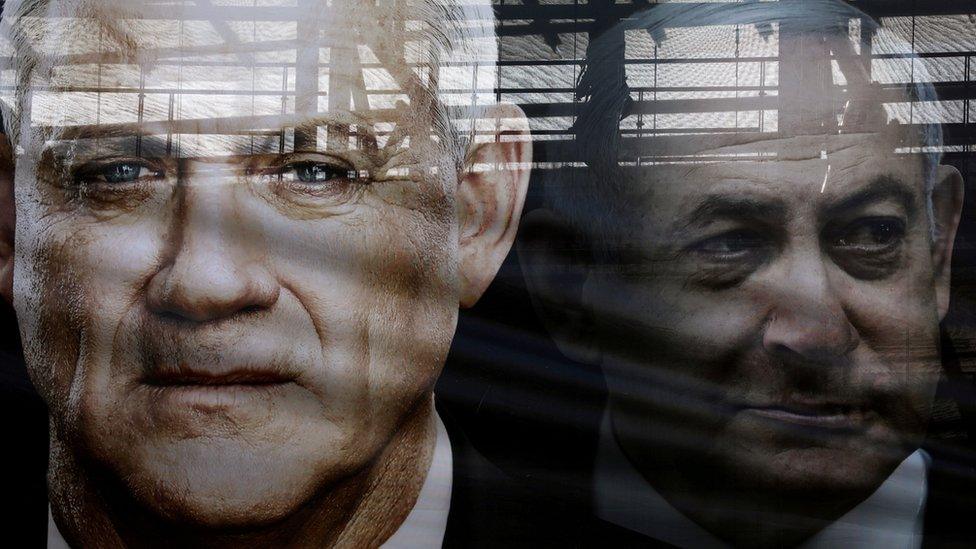
- Published20 April 2020
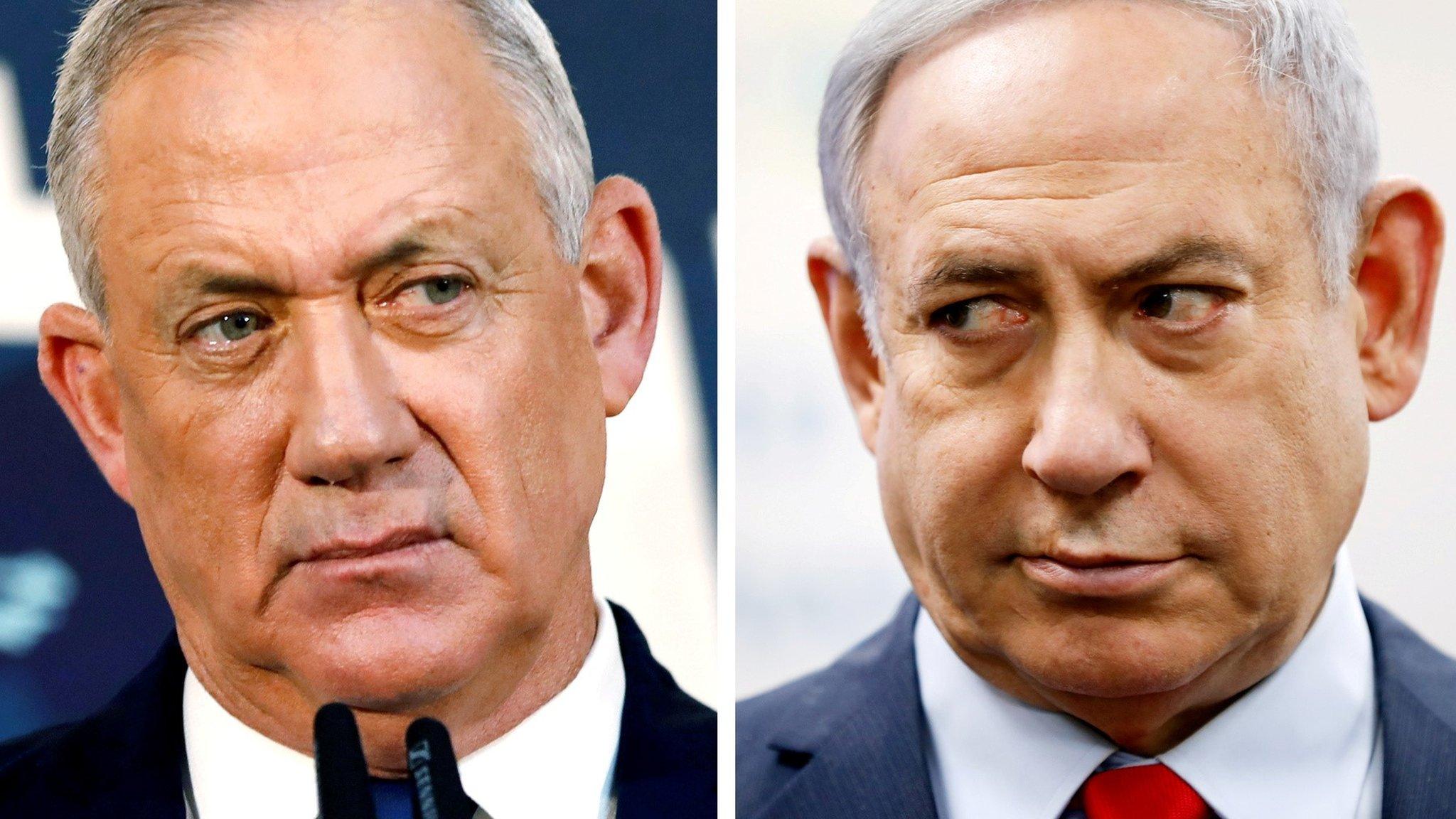
- Published26 March 2020
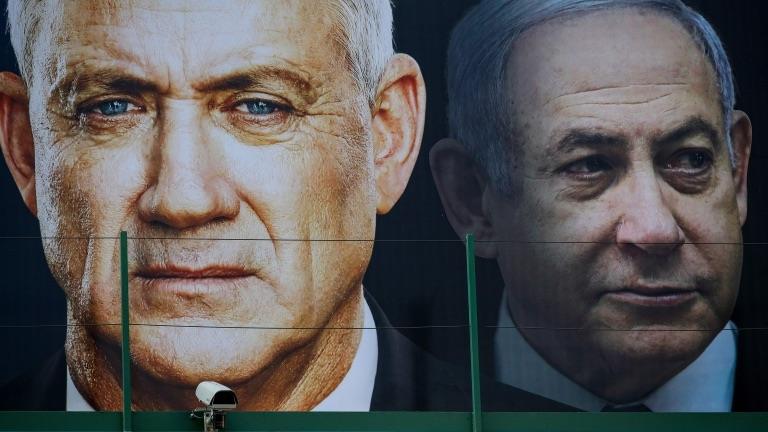
- Published29 January 2020
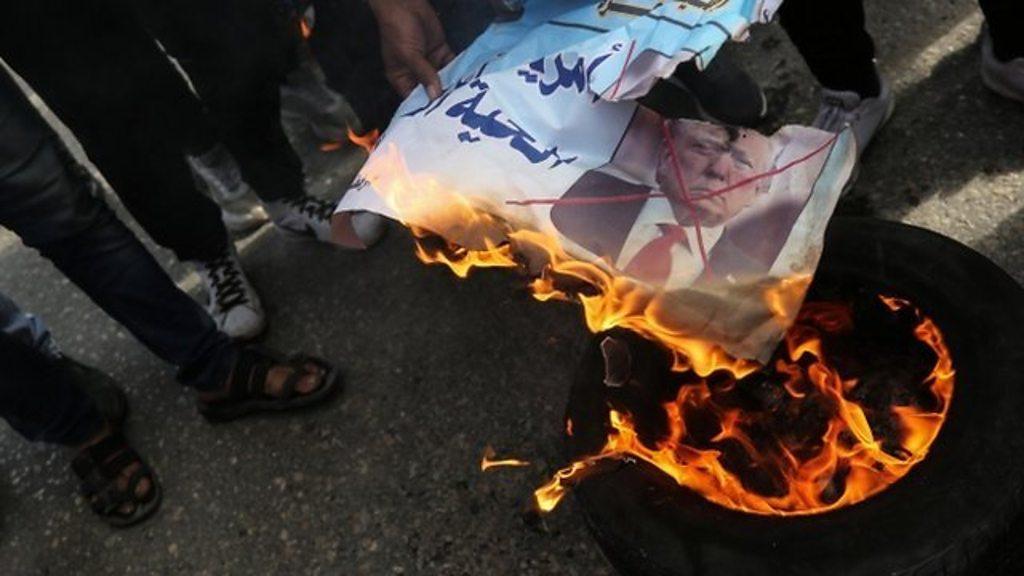
- Published28 January 2020
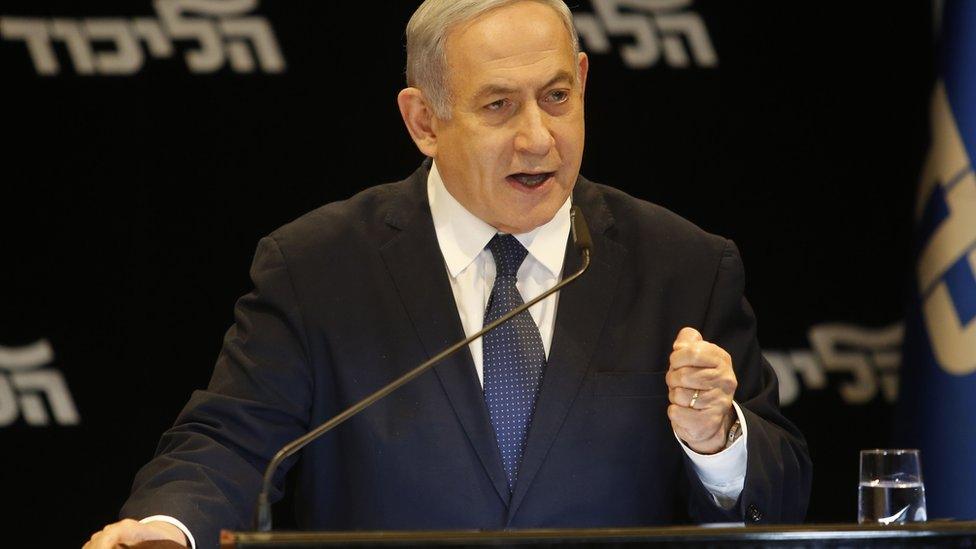
- Published21 November 2024

- Published14 May 2020
